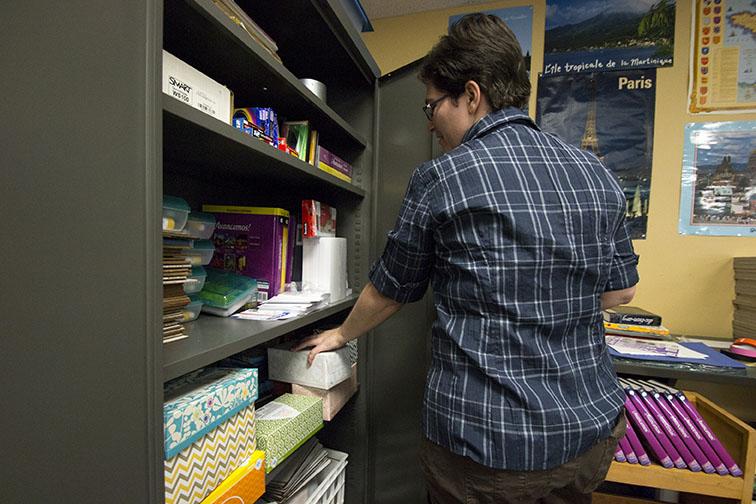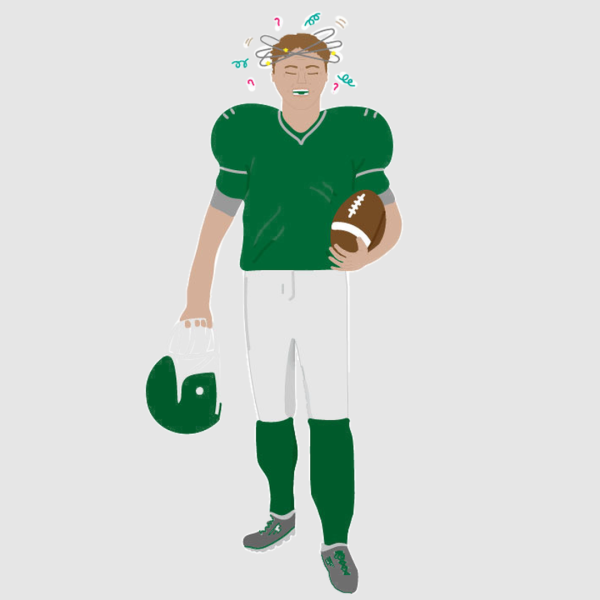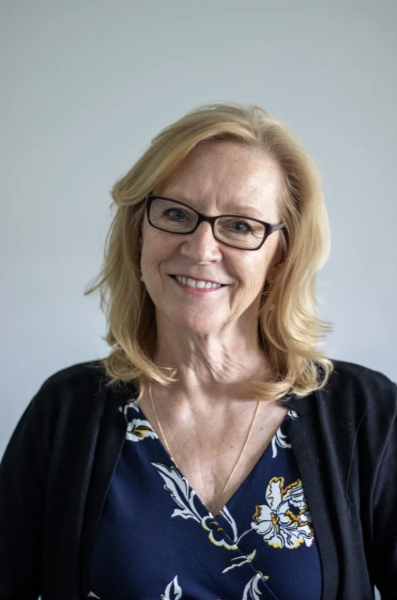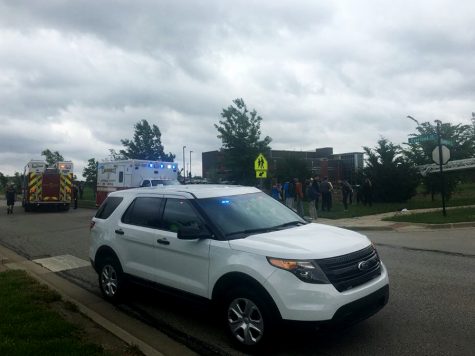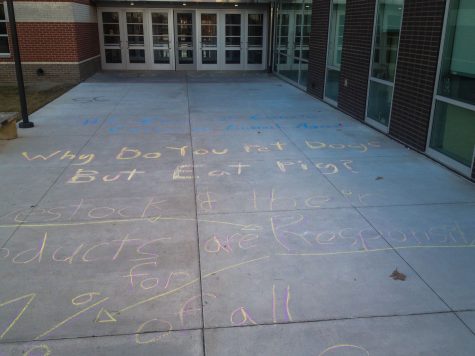New school-wide policy prevents students from earning extra credit
Opening her classroom cabinet, French teacher Karen Gipson, checks her Kleenex supply. Gipson has never rewarded her students with extra credit for turning in tissues.
Senior Brett Carey did a double-take when he read the extra credit policy in the student planner. Carey is a good student in multiple AP classes, and he gets A’s in them. That’s not to say he doesn’t work hard, and the new prohibition of extra credit caused temporary pause.
“For me it’s Calc BC. I need all the extra points I can get in that class… I think that’s where it might hurt some people,” Carey said.
The 2015-2016 school year is in many ways a rebirth for Free State. New staff, new rooms, new floors, and new academic rules. One such tenet instituted by principal Myron Graber is the abolition of extra credit opportunities in any and every classroom. The policy was set in motion over the summer, and has already been hastily revised after teachers lobbied Graber on behalf of their departments.
The policy began as a complete expulsion of added points — credit had to be out of a maximum, and no graded points could be added without adding to that maximum.
“I believe your grade should reflect what your academic knowledge is,” Graber said. “I don’t know if it happened here, but it happened [like]… ‘If you bring 3 reams of paper, or 2 boxes of Kleenex, or you never use the restroom, I’ll add points to your grade.’ That really has nothing to do with how much you know.”
Many students understand the rationale behind this part of the new policy.
“I think it was implemented because sometimes teachers would say you get extra credit if you bring a Kleenex box, and I can see why some people don’t see that as extra credit vs. going the extra mile,” said Carey. “It [should] be academic extra credit, maybe only make it on tests or extra essays, but not tissue boxes.”
A sentiment shared by many, it seems.
“I think [the policy] might be beneficial to some students… it makes them work harder for the basic credit so they can’t just slack off and do the extra credit,” junior Raiden Garcia said.
The strategy is based in Graber’s experience in academic settings and influenced by personal belief. Some of this opinion comes from the conversations he has held with business and community leaders regarding students’ ability or inability to perform well in post-education environments, especially the workforce.
“The business community has said, ‘we need workers, we need students, we need employees who are able to come into our company and we don’t have to hold their hand,’” Graber said.
According to teachers, the system was revised after protest from departments regarding the necessity of subject-relevant extra credit for students who are on the so-called bubble — those who work hard, but are left just below a higher grade.
“I think [the new rules] might hurt the new people who really need the extra credit, if they’re on the A/B see-saw, and you really want to get that A, it can be painful to get an 89 or an 88 in the class,” Carey said.
The success of the new approach remains to be seen, as it could either strand many students just below a higher grade or inspire students to strive to do their best without motivation like extra credit.
“I don’t know how I feel yet since we’re not too far along in the semester, I think later on when I may need the extra points is when I’ll have a stronger viewpoint on it,” Carey said.


